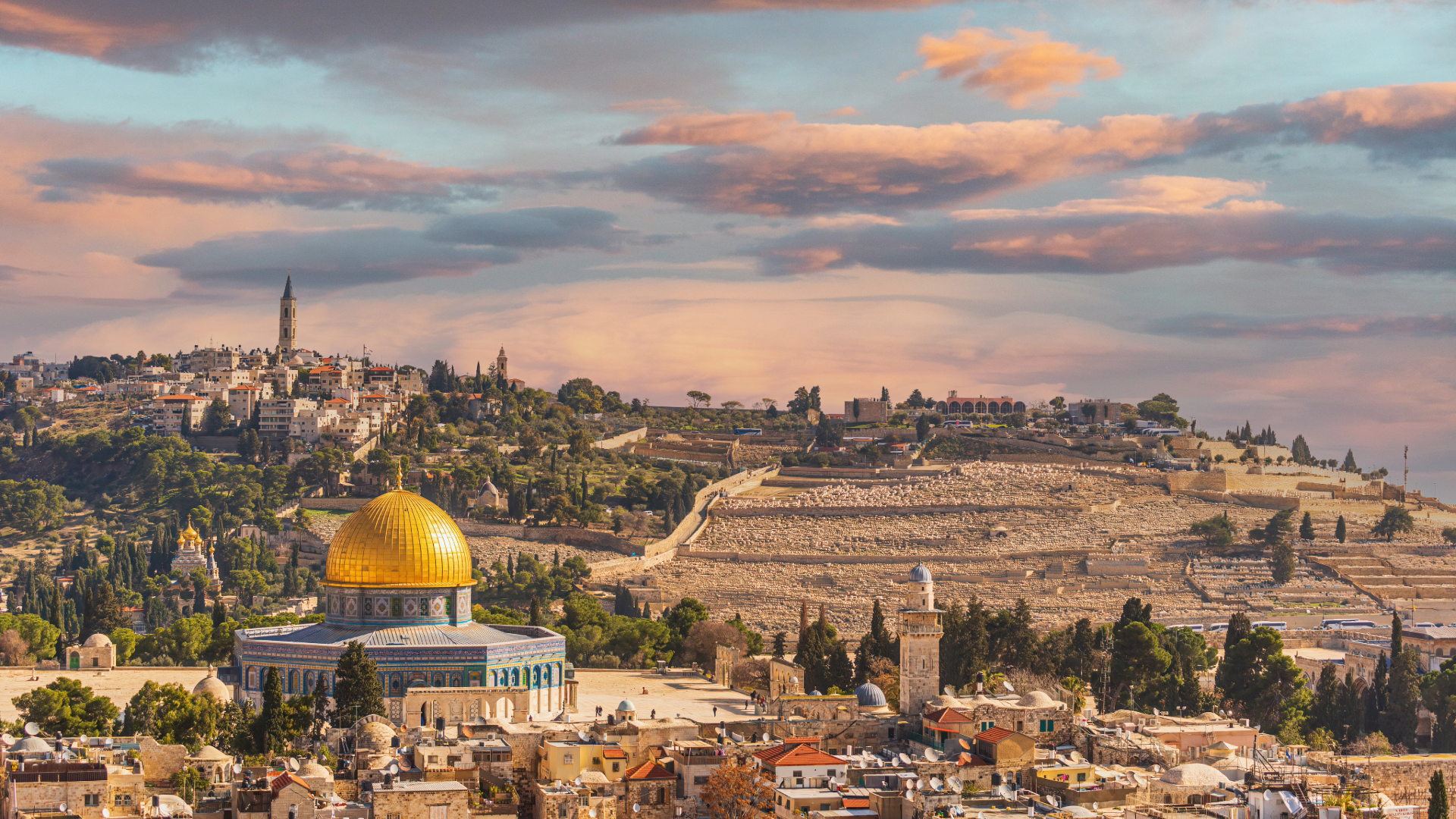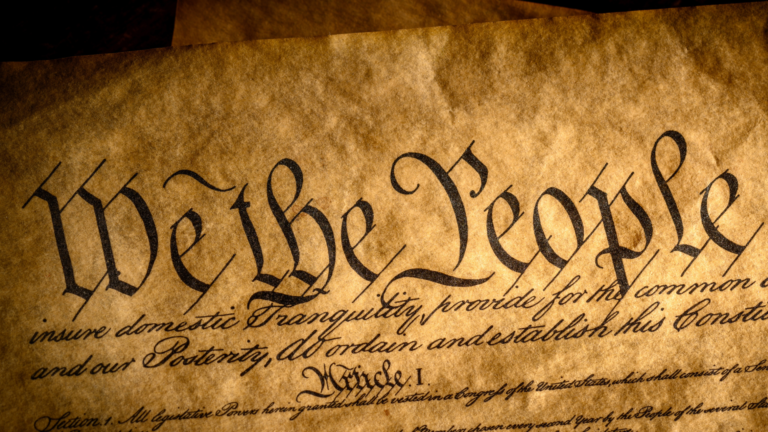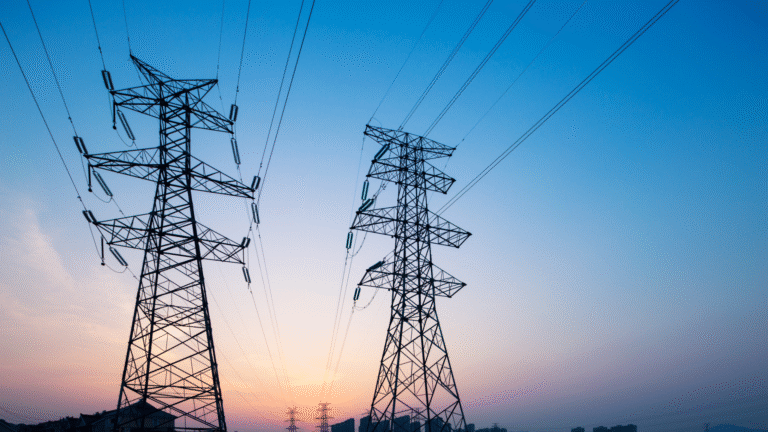What Is Israel? A Complete History and Overview of Its Politics and Identity
Israel: From Ancient Homeland to Modern Power — and a Nation Under Fire
Israel’s story spans from ancient kingdoms and exile to the founding of a modern state born from both tragedy and hope. This in-depth overview traces its history, politics, and evolving identity—from the roots of Zionism and the founding of the Jewish state to today’s conflicts, controversies, and the ongoing debate over whether the nation can remain both Jewish and democratic.
A Land Rooted in Antiquity
The territory now known as Israel has been inhabited for hundreds of thousands of years, forming part of the cradle of early civilization. Ancient kingdoms of Israel and Judah rose here over 2,500 years ago before being conquered by successive empires — Assyrian, Babylonian, Persian, Greek, and Roman. Jewish identity and religion persisted despite repeated exile, especially after the destruction of Jerusalem’s Second Temple in 70 CE.
For nearly two millennia, the Jewish people maintained religious and cultural ties to this land while living across the world. By the 19th century, amid waves of antisemitic violence in Europe, these ties inspired a political movement that would reshape the Middle East.
The Birth of the State
Modern Zionism, founded by Theodor Herzl in the late 1800s, sought to establish a safe national homeland for Jews. The goal gained urgency after the Holocaust, in which six million Jews were murdered.
In 1947, the United Nations voted to partition British-controlled Palestine into separate Jewish and Arab states. Jewish leaders accepted; Arab leaders rejected the plan. When Britain withdrew, David Ben-Gurion declared Israel’s independence on May 14, 1948.
Within a day, neighboring Arab nations invaded. Israel survived the ensuing Arab–Israeli War, expanding beyond the UN-designated borders. More than 700,000 Palestinians were displaced or fled — a catastrophe Palestinians call the Nakba (“catastrophe”). That unresolved trauma remains central to the conflict today.
From Survival to Strength
Israel’s early years were defined by mass immigration, nation-building, and survival amid hostility. Socialist ideals dominated politics under the Labor Zionist movement, which established collective farms (kibbutzim), state industries, and national institutions.
Military success in the 1967 Six-Day War brought control of the West Bank, Gaza, the Sinai, and the Golan Heights — territories that would shape the nation’s political identity for decades. While the 1979 peace treaty with Egypt and 1994 treaty with Jordan normalized relations with two Arab neighbors, the occupation of Palestinian territories has been a defining and divisive issue ever since.
Over time, Israeli politics shifted rightward, from socialist pragmatism to nationalist and religious conservatism. Leaders such as Menachem Begin, Yitzhak Shamir, and Benjamin Netanyahu emphasized security, settlement expansion, and a harder stance on Palestinian statehood. Netanyahu, Israel’s longest-serving prime minister, has presided over deep internal polarization and accusations of authoritarian tendencies.
A Nation-State of the Jewish People
At its core, Israel was created as a refuge and renewal — a homeland where Jews could live free from persecution, self-governed and secure. Its founders envisioned both a democratic state and a Jewish one, balancing faith, history, and civic equality.
That balance has never been easy. Israel’s Basic Laws enshrine it as the nation-state of the Jewish people, yet 20 percent of its citizens are Arab Palestinians. The ongoing occupation and settlement of the West Bank challenge the state’s democratic ideals and international standing.
The Current Political Crisis
Since 2023, Israel has faced unprecedented internal and external crises. Netanyahu’s government — the most right-wing and religiously conservative in the nation’s history — includes figures from far-right parties advocating annexation of Palestinian territories and curbs on judicial independence.
Netanyahu’s proposed judicial overhaul sparked mass protests across the state, pitting defenders of liberal democracy against loyalists who see the courts as obstructing the elected government’s will.
Then came the October 7, 2023, Hamas attack, killing roughly 1,200 Israelis and taking hundreds hostage. Israel’s subsequent military campaign in Gaza has killed tens of thousands of Palestinians, according to UN and Gazan health officials, and led to allegations of war crimes and collective punishment by major human-rights organizations, including Amnesty International, Human Rights Watch, and the UN Human Rights Council.
Prime Minister Netanyahu maintains that the nation’s actions target Hamas and are conducted within the laws of war; critics cite the scale of civilian casualties, siege conditions, and attacks on aid infrastructure as evidence of disproportionate force.
A Nation at a Crossroads
Today, Israel is a regional military and technological superpower, yet deeply divided over its identity and moral direction. Many Israelis see themselves defending their very survival; others warn that occupation, inequality, and the erosion of democratic norms threaten the nation’s founding vision.
The question that has haunted the nation since 1948 remains unresolved: Can a state built as both Jewish and democratic remain true to both — and at what cost?
The Question of Identity: Jewish and Democratic?
It is highly contested and debated whether a state that defines itself as both Jewish and democratic can remain true to both principles, and there is no global consensus. Critics and supporters disagree on whether the two concepts are inherently compatible or ultimately contradictory. This question lies at the heart of the nation’s political and moral identity, shaping nearly every aspect of its public life.
Arguments That the Two Principles Are in Conflict
A major point of contention is how to balance the rights of the Jewish majority with those of non-Jewish minorities, particularly Palestinian citizens.
- Discrimination and inequality: Critics argue that Israel’s dual identity leads to systemic inequality. A 2018 poll by the Israel Democracy Institute found that more than two-thirds of Israeli Arabs believed a Jewish and democratic state was not possible.
- The Nation-State Law (2018): This Basic Law defines Israel as “the nation-state of the Jewish people” and reserves the right of national self-determination solely for Jews. Legal scholars and minority advocates say the law formalizes inequality by placing the state’s Jewish character above democratic equality.
- Hierarchical citizenship: Research from the Brookings Institution shows that most Israeli Jews believe Jews should receive “preferential treatment” in Israel — a stance critics say undermines civic equality.
- Territorial conflict: Ongoing occupation and settlement in Palestinian territories are seen by many scholars as expressions of ethnocultural nationalism that conflict with democratic ideals and international law.
Arguments That the Two Principles Are Compatible
Supporters contend that Israel’s Jewish and democratic identities can coexist within a pluralistic framework.
- Historical context: Israel’s 1948 Declaration of Independence pledged equal rights for all citizens regardless of religion, race, or sex — even as it established a Jewish homeland.
- Robust democratic features: Proponents cite Israel’s independent judiciary, multiparty elections, and strong civil society as evidence that democracy thrives despite religious and national identity. Courts have at times acted as a crucial safeguard for minority rights.
- Jewish vs. theocratic identity: The Israeli Democracy Institute notes that being a “Jewish state” refers to national and cultural identity, not a religious theocracy — arguing that the two can coexist.
- Symbolic emphasis: Some suggest that laws stressing Israel’s Jewish character are primarily declarative, with limited practical impact on citizens’ rights.
Ongoing Factors Shaping the Debate
Several recent developments have intensified this debate:
- Judicial overhaul: Government efforts to reduce the power of Israel’s Supreme Court have raised fears of eroding checks and balances, shifting the state’s identity toward nationalism and away from liberal democracy.
- Changing demographics: The rise of nationalist and ultra-Orthodox parties has altered Israel’s political landscape, giving more weight to those who prioritize Jewish identity over democratic pluralism.
- Religious interpretation: Different understandings of Judaism itself influence the debate. Liberal and reformist interpretations often emphasize moral equality and democracy, while more nationalist or religious factions see Jewish sovereignty as paramount.
An Unresolved Balance
Whether Israel can remain both Jewish and democratic is not merely a constitutional issue — it is an existential question. For many Israelis, the dual identity defines their homeland’s legitimacy and moral purpose. For others, it represents a contradiction that must eventually be resolved.
More than seventy-five years after its founding, Israel continues to wrestle with this question — and with the world watching, the outcome will shape not only its future but the broader struggle over faith, identity, and democracy in the modern world.
Sources:
- United Nations archives and resolutions
- Amnesty International, Human Rights Watch, UN Human Rights Council reports (2023–2025)
- BBC, Reuters, Associated Press historical archives
- The New York Times and Haaretz coverage on Israeli politics and the Gaza conflict







